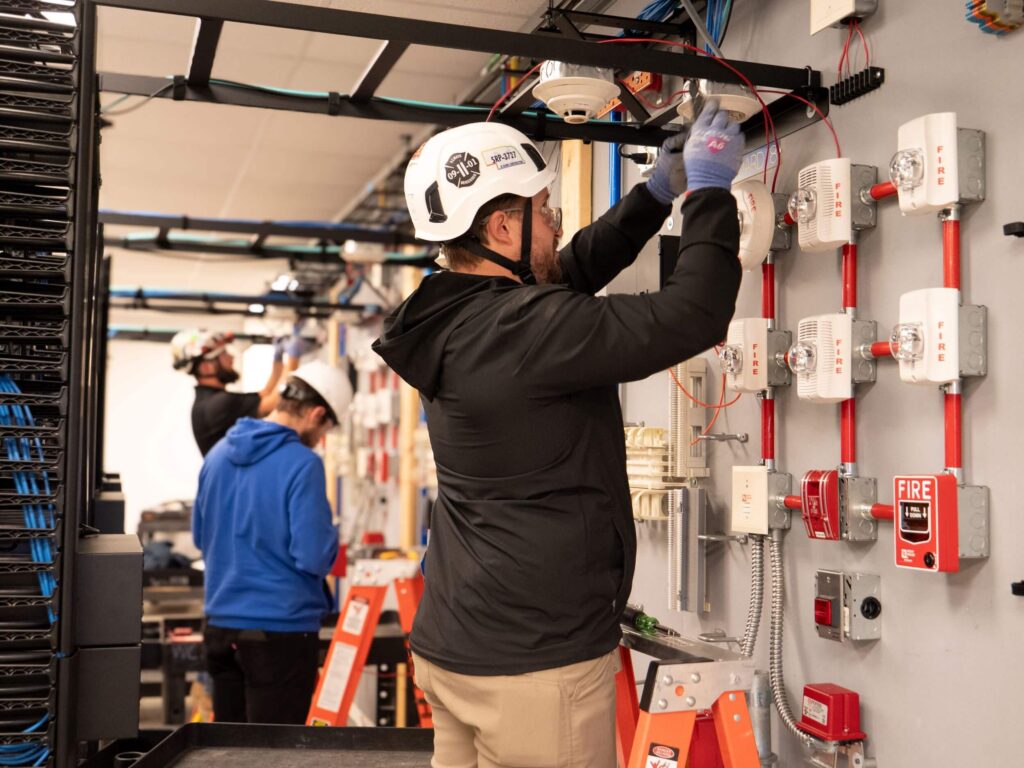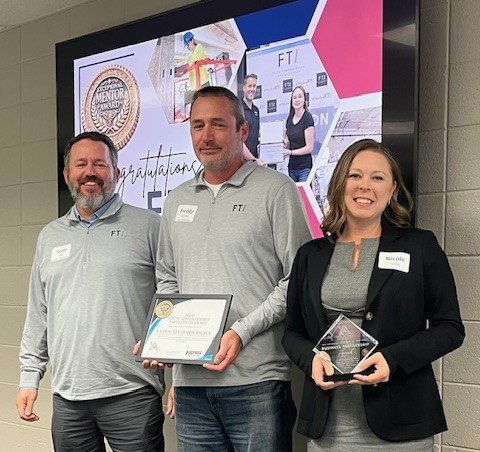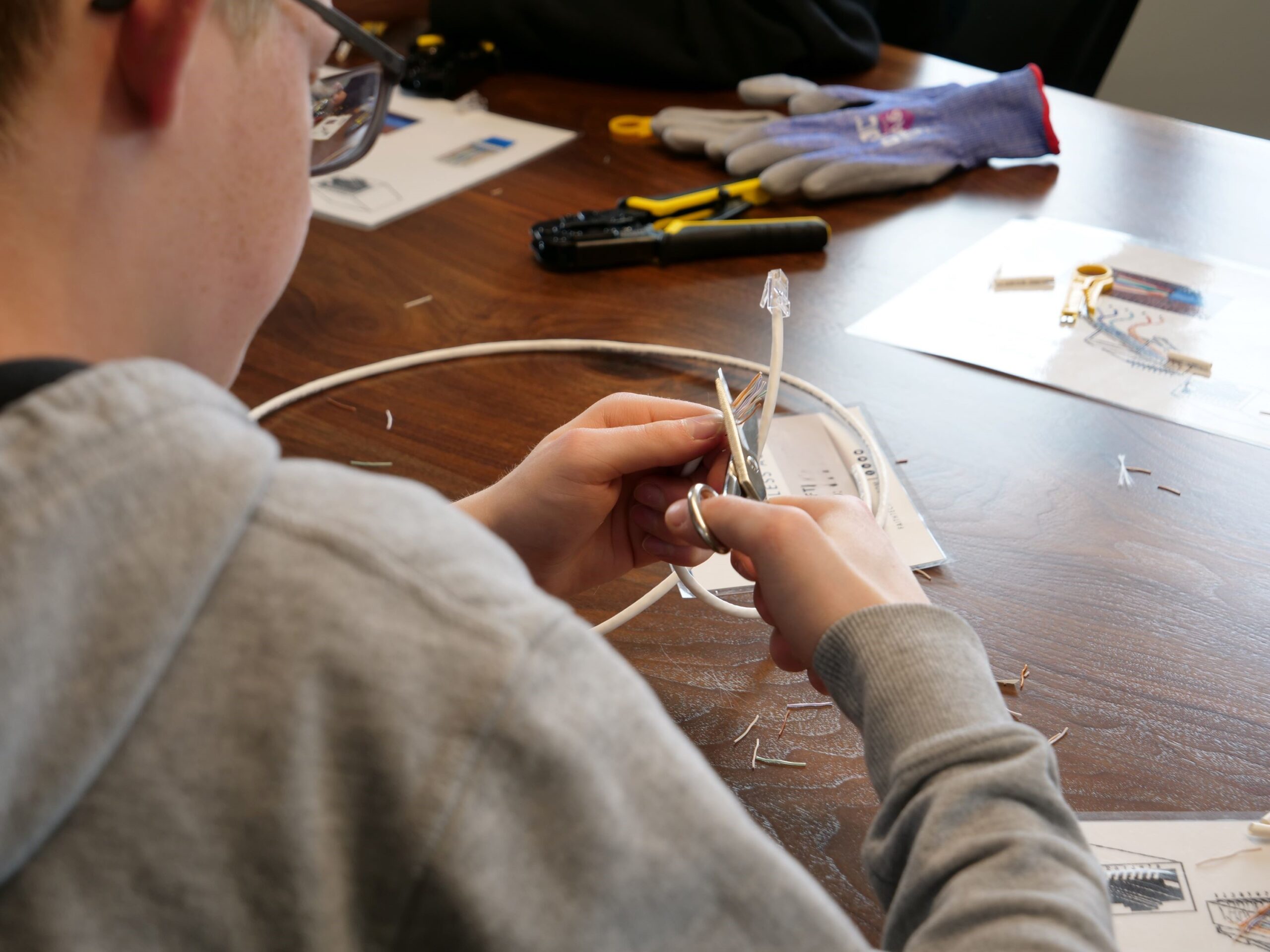
There was a mindset for years that all high school graduates should get college degrees, find jobs and plan on long-term financial success. As we have seen in more recent years, this is not always the case. College has become more expensive and education loans can become long-term debt.
There are many misconceptions about pursuing a trade apprenticeship program; how do you know if it’s the right path for you or your student? Some of FTI’s apprentices quoted below help us debunk these myths.
Myth: There’s not much opportunity once you complete an apprenticeship.
Fact: Opportunities in the trades are in high demand and offer high-paying opportunities, including construction trades like plumbers and electricians, agriculture farm and ranch managers, and manufacturing trade jobs like industrial maintenance technicians. While artificial intelligence (AI) won’t be replacing these types of hands-on positions in the near future, the growth of AI has led to the need for large data centers. The reliability and power needs of critical systems like these require teams of well-trained and highly skilled people to keep them running.
“Just becoming licensed opens so many opportunities to go anywhere in the organization you may choose to go.”
“I chose FTI’s apprenticeship program because it presented an opportunity to grow my knowledge in the trades. FTI’s core purpose is to “Create world-class opportunities to succeed,” and the apprenticeship program does that to the fullest.”
Tradespersons can take their education to the next level and become project managers or team leaders and beyond. This decision is yours based on your talents and long-term career and financial goals.
Myth: Apprenticeship training is just talking heads in a classroom.
Fact: At FTI, our experienced, knowledgeable trainers are invested in each student.
“FTI provides a safe learning environment in the field and in the classroom.”
“The instructors are top notch, and they always have a high degree of understanding, not just the stuff you’ll be learning for your apprenticeship but also about the life you may be living as an apprentice.”
At FTI, many of our trainers have gone through the apprenticeship program themselves, while others have moved from field or manufacturing positions to training roles.
Myth: You need a college degree to ensure a good financial future.
Fact: The salary of a trades career can rival or exceed that of roles obtained with a bachelor’s degree. While electrical apprenticeship training requires several years of education and on-the-job experience, with FTI’s apprenticeship program, students earn as they learn, completing valuable trade education with no education debt.
“The fact that you have the opportunity to learn the trade and do the work, is unmatched. I couldn’t appreciate this company more for that benefit. As long as you’re willing to show up, work hard and learn something, you will excel.”
Making the choice to go to college or pursue a trade should depend on your current and long-term career and financial goals, as well as the amount of educational costs you are willing to incur. Consider the longevity of your planned career path and the ability and opportunity to grow and adapt to new technologies throughout your lifetime.
If you enjoyed this blog article, please subscribe to stay up to date on the latest industry news from our experts at FTI.










